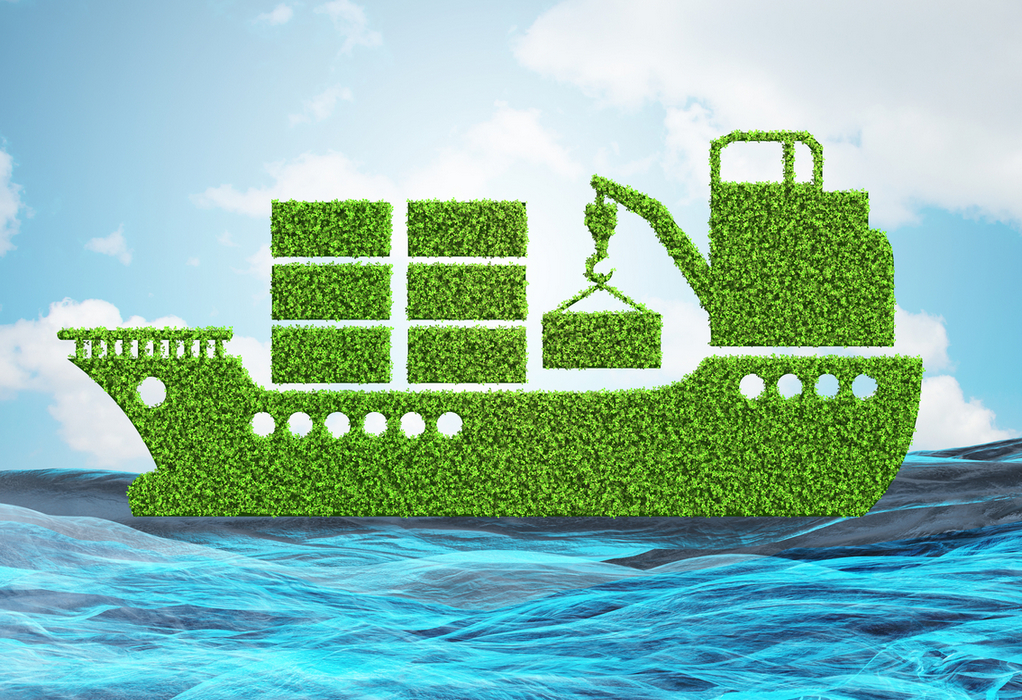The Oil and Gas Climate Initiative (OGCI) and the Global Centre for Maritime Decarbonisation (GCMD) announced a two-year coalition partnership agreement to work on a range of solutions to decarbonize the shipping industry.
Areas of collaboration will focus on energy efficiency to reduce emissions, future fuels that are lower in carbon intensity, such as ammonia, methanol and biofuel blends, and onboard carbon capture pathways.
Decarbonizing transport is a critical pathway to net zero and a key focus for OGCI – a CEO-led initiative of 12 of the world’s leading oil and gas companies. Around a fifth of transport emissions come from aviation and marine, and these emissions are harder to abate than road transport, which can more easily switch to electric power.
OGCI is working on the development of low-carbon fuels, such as biofuels, ammonia, hydrogen and E-fuels and has supported the development of onboard carbon capture and storage (OCCS) for ships. OGCI also brings expertise and knowledge from developing land-based carbon capture projects at CCUS hubs to the partnership to mature OCCS, which is at much earlier stage.
GCMD is supporting the decarbonisation of the maritime sector through pilots and trials. Their initiatives include enabling ammonia as a marine fuel, assuring the quality, quantity and emissions abatement of drop-in green fuels, unlocking the carbon value chain through OCCS and scaling the adoption of energy efficiency technologies.
Most recently, GCMD’s projects include a landmark study on offloading onboard captured carbon dioxide, a report examining the propensity of biofuel degradation in marine supply chains, and a pilot addressing concerns of long-term, continuous biofuels use on vessel operations.
The partnership builds on an existing collaboration between OGCI and GCMD known as Project REMARCCABLE, an initiative to demonstrate end-to-end onboard carbon capture at scale. Phase 1 of this project is now complete and findings will be published later this year.
This partnership further complements GCMD’s efforts, helping to unlock the carbon value chain downstream from OCCS, including offloading, distribution, utilisation and sequestration or utilisation of onboard captured CO2.
As onshore CCUS hubs develop, shipping can be used to transport CO2 from sources to sinks. Sharing best practices, coordinating efforts and harmonising CO2 transport standards can also accelerate the development of CCUS hubs.
Tags: Decarbonisation, GCMD, OGCI, Shipping



Recent Posts
CMA CGM to Partner with United Nations Ocean Conference 2025 in Support of Marine Preservation
AD Ports Group and Advario Sign Agreement to Explore Joint Venture for Clean Energy and Bulk Chemical Storage
MAN Energy Solutions to Lead New Ammonia GenSet Project
NYK Group Company Launches Japan’s First Antioxidant for Marine Biodiesel Fuel
Global Ro-Ro Operators Release Unified GHG Emissions Guidelines for Car Carriers
Seacap Launches as World’s First Capital Partner Dedicated to Shore Power
AM Green and Port of Rotterdam Authority to Establish Green Energy Supply Chain
RAPTECH Cavitation Technology: Homogenisation for Future Marine Fuels